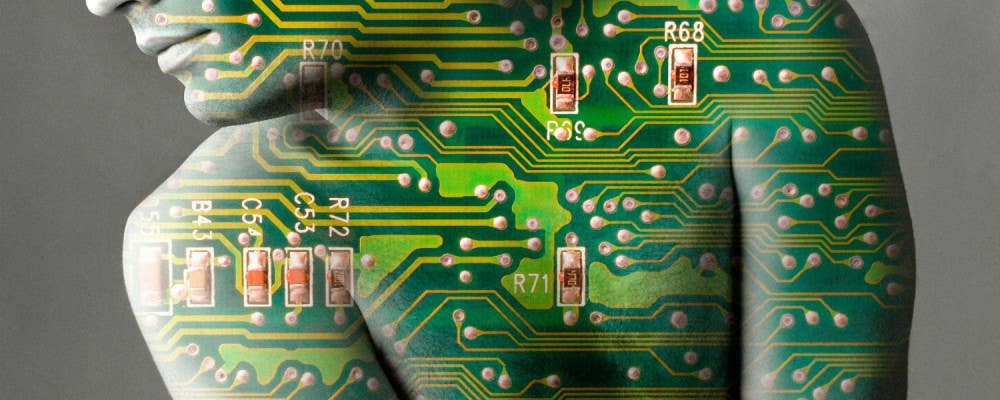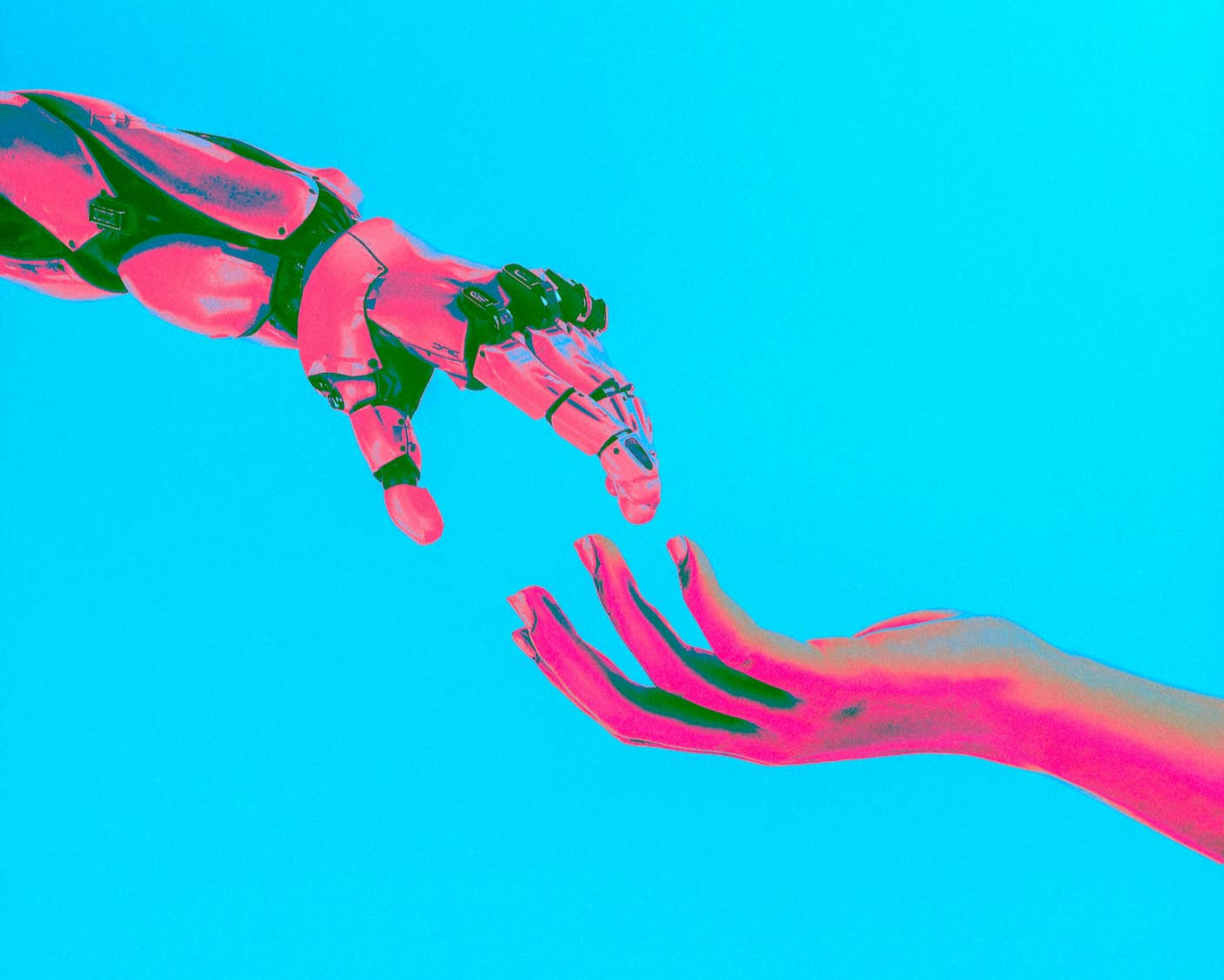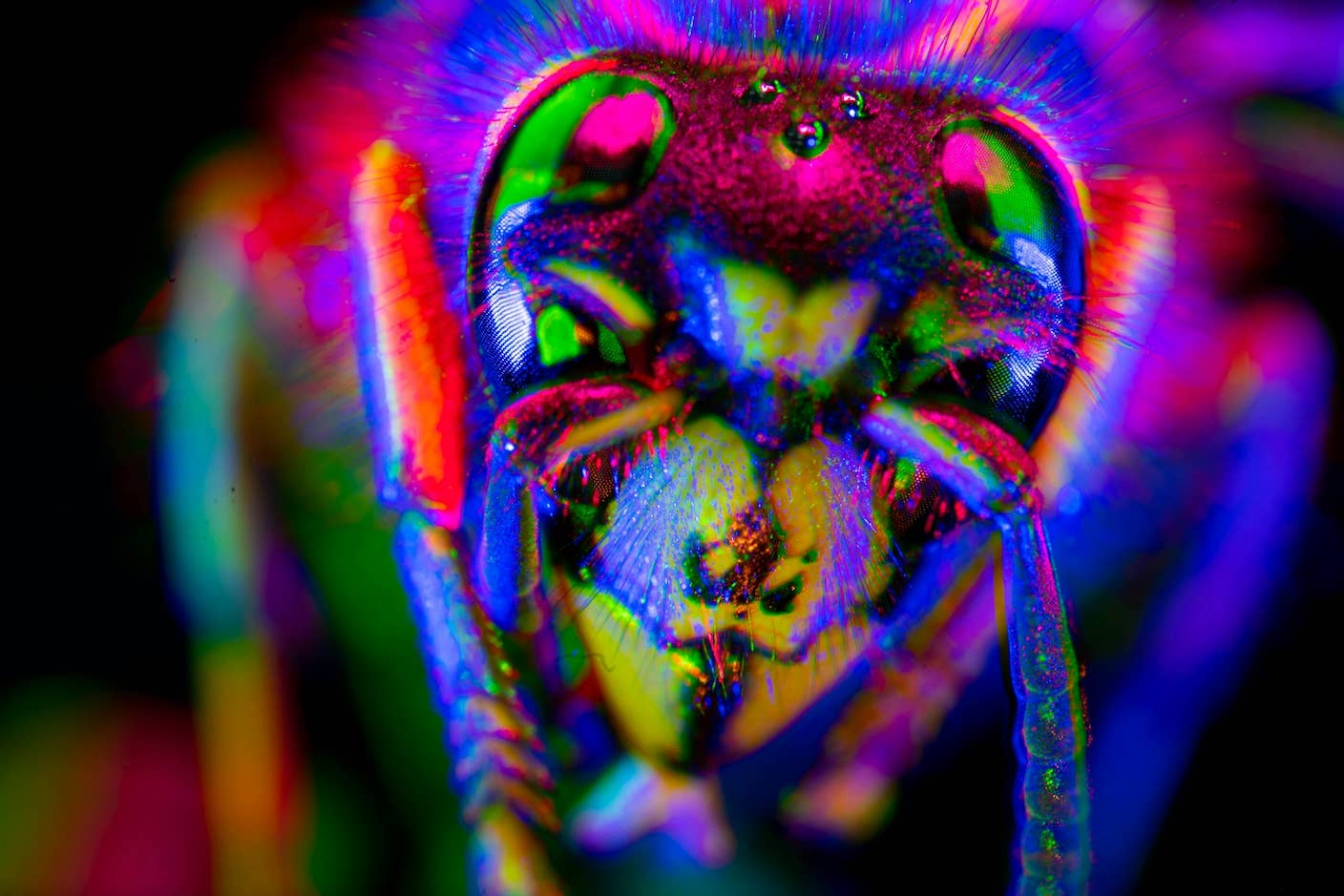How Should We Prepare for the AI Revolution? Ray Kurzweil Responds in This Q&A [Video]

Share
On the cusp of a far-reaching revolution thanks to the advances in artificial intelligence and computing, it's easy to feel a bit...concerned. Well, maybe more than just a bit, especially if you consider societal attitudes about technology.
Truth is that the way we perceive the world around us is conditioned to a degree by the environment we grow up within. There's also little doubt that certain cultures are more open and adaptive to technology than others. But one could argue that the potential enhancements that AI could usher in are so dramatically advanced that even the earliest adopters within Silicon Valley aren't really prepared for what's coming.
So it's safe to ask, before this great wave of artificial intelligence arrives and we become fully integrated with it, shouldn't we strive to change our inherited mental models and let go of antiquated thinking patterns?
This question was in essence posed to Ray Kurzweil at a session during the 2015 Graduate Studies Program at Singularity University. To answer the question of what the future holds, Kurzweil started by thinking of our past: "Our enhancement with technology is a gradual process which has been underway for a long time."
Though this is a question that could be discussed for years, Kurzweil has a rather succinct answer to this mind-boggling question.
Be Part of the Future
Sign up to receive top stories about groundbreaking technologies and visionary thinkers from SingularityHub.


Given that Kurzweil is working on a sequel to The Singularity Is Near, it's only a matter of time before he provides a roadmap for complete AI enhancement and augmentation.
Interested in attending the Graduate Studies Program at Singularity University? Be sure to key an eye out as applications will be opening soon for the 2016 program!
[image courtesy of Shutterstock]
David started writing for Singularity Hub in 2011 and served as editor-in-chief of the site from 2014 to 2017 and SU vice president of faculty, content, and curriculum from 2017 to 2019. His interests cover digital education, publishing, and media, but he'll always be a chemist at heart.
Related Articles

Study: AI Chatbots Choose Friends Just Like Humans Do

AI Companies Are Betting Billions on AI Scaling Laws. Will Their Wager Pay Off?

Are Animals and AI Conscious? Scientists Devise New Theories for How to Test This
What we’re reading